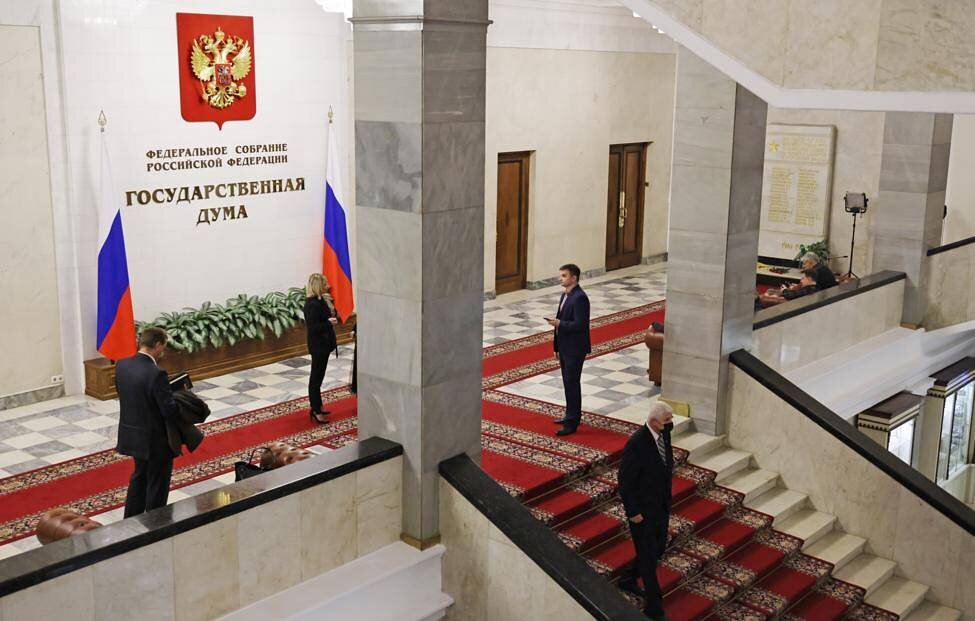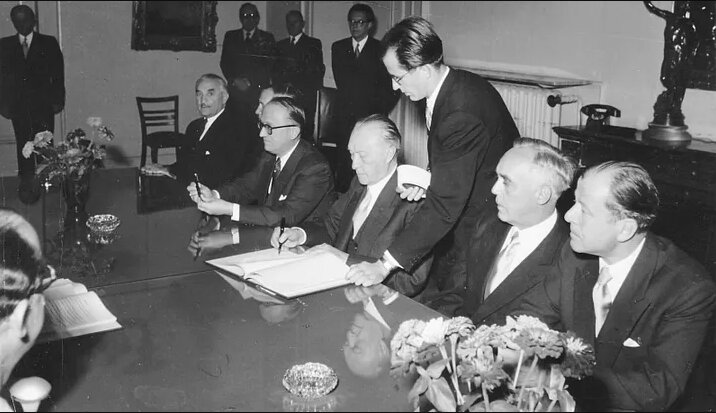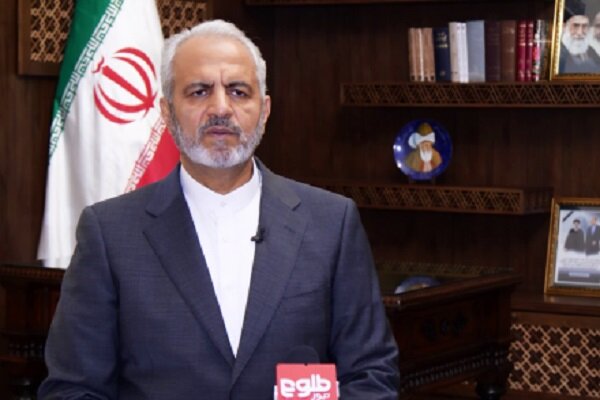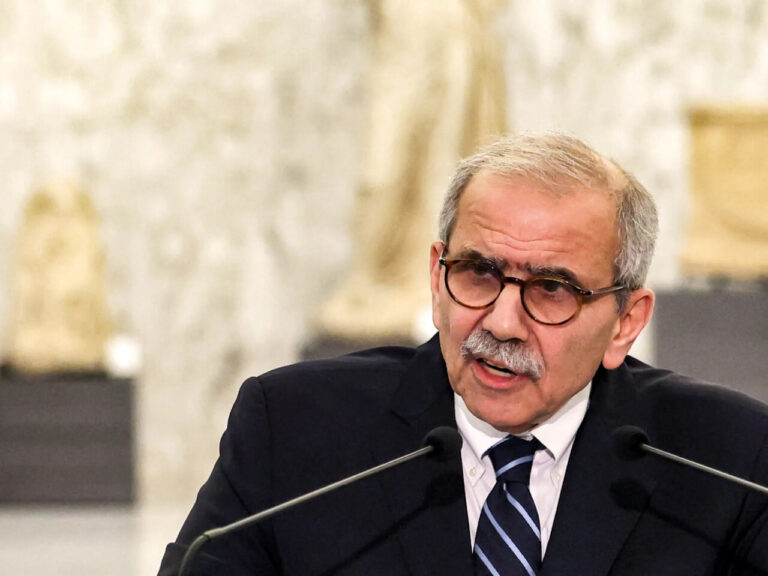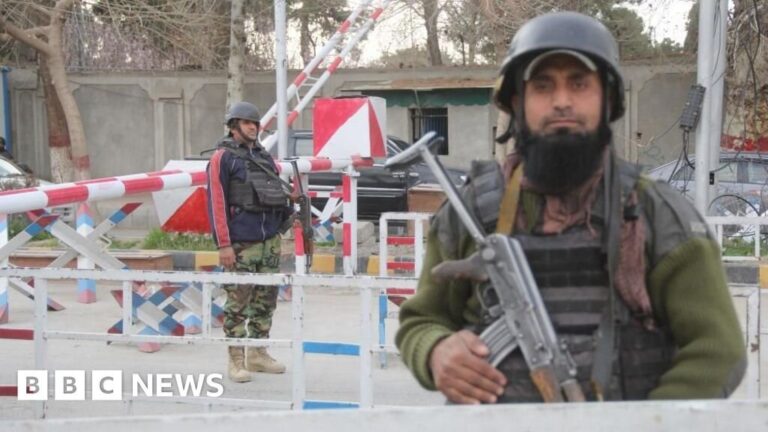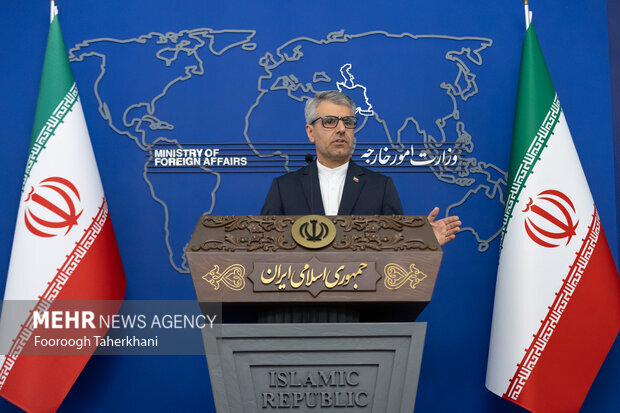Russia’s State Duma Approves Historic Treaty to Strengthen Strategic Partnership
In a significant move that underscores the growing partnership between Russia and Iran, Russian President Vladimir Putin recently submitted a pivotal treaty to the State Duma. This treaty serves as a cornerstone for long-term collaboration between the two nations and highlights their evolving strategic alliance.
The treaty, which was signed during Iranian President Masoud Pezeshkian’s visit to Moscow in January, establishes a comprehensive legal framework for enhancing bilateral relations. According to TASS, this landmark agreement designates Russia and Iran as strategic partners across various sectors.
Key areas covered by the treaty include:
- Defense
- Counter-terrorism
- Energy
- Finance
- Transportation
- Industry
- Agriculture
- Culture
- Science
- Technology
State Duma Chairman Vyacheslav Volodin emphasized that the treaty aims to fortify relations between Russia and Iran, enhancing both bilateral cooperation and coordination on broader international matters. This comprehensive agreement not only formalizes existing ties but also sets the stage for future collaboration.
Moreover, the document places a strong emphasis on enhancing interparliamentary relations, particularly within international parliamentary organizations. It highlights the importance of the commission on cooperation between the State Duma and Iran’s Parliament, also known as the Majlis. This aspect of the treaty is vital for fostering dialogue and understanding between the legislative bodies of both countries.
The strategic partnership outlined in the treaty reflects a growing trend of collaboration between Russia and Iran, particularly in the wake of shifting geopolitical landscapes. As both nations look to assert their influence on the global stage, this treaty serves as a clear indication of their intentions to work closely together across multiple domains.
In the realm of defense, the treaty is expected to pave the way for enhanced military cooperation, including joint exercises and sharing of best practices. This collaboration is particularly crucial given the increasing threats posed by extremist groups in the region. By uniting their efforts, Russia and Iran aim to bolster their security frameworks and combat terrorism more effectively.
In addition, the energy sector stands to benefit significantly from this agreement. Both countries are rich in natural resources and have a vested interest in collaborating to optimize energy production and distribution. With global energy demands fluctuating, a strategic partnership could lead to more stable supply chains and economic benefits for both nations.
The treaty also addresses financial cooperation, aiming to create a more integrated economic framework between Russia and Iran. By promoting investment opportunities and facilitating trade, the document seeks to enhance economic ties and promote mutual growth.
Transportation and industrial collaboration are other critical components of the treaty. Improved infrastructure and logistics will not only benefit trade between the two countries but could also open pathways for connecting with other markets in the region. This aspect of the treaty is particularly important as both nations look to enhance their economic resilience.
Moreover, cultural exchange is a vital part of this strategic partnership. By fostering greater understanding and appreciation of each other’s cultures, Russia and Iran can build a foundation of trust that will support their diplomatic efforts. Initiatives that promote cultural awareness and scientific collaboration will pave the way for a more harmonious relationship.
As the world watches these developments, the implications of the treaty extend beyond bilateral relations. It signals a shift in the balance of power in the region and could have far-reaching effects on international politics. The cooperation between Russia and Iran may challenge existing alliances and reshape the dynamics of power in the Middle East.
In conclusion, the treaty between Russia and Iran marks a significant milestone in their relationship, establishing a framework for cooperation across a wide array of sectors. With an emphasis on defense, energy, finance, and cultural exchange, this strategic partnership is poised to enhance bilateral relations while also influencing the broader geopolitical landscape.
As both nations navigate the complexities of international relations, the success of this treaty will largely depend on their ability to implement the outlined provisions and foster a spirit of collaboration that benefits both parties.
